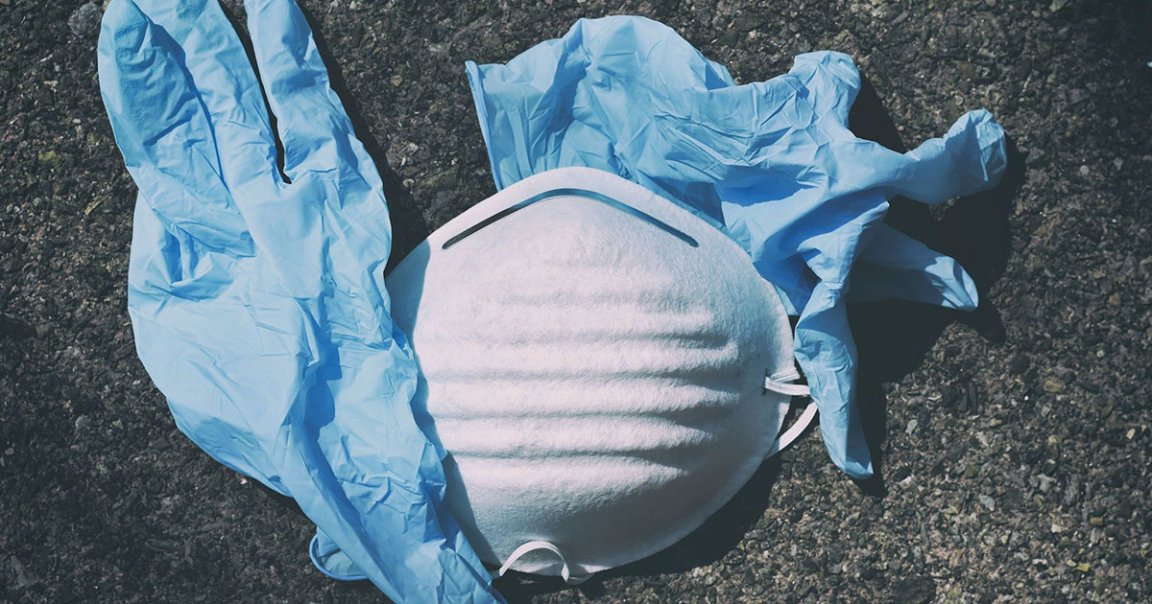
The urgent care clinic CityMD gave inaccurate results to 15,000 patients who came in for a coronavirus test.
The tests correctly identified antibodies for the coronavirus in all those patients — meaning they had been sick at some point in the past. And while CityMD reported the results correctly, CNBC reports that the clinic incorrectly told all 15,000 of those patients that they had developed immunity to COVID-19 going forward.
Generating antibodies — specialized, disease-specific proteins the immune system uses to fight off infections — can result in immunities against some infections. But there’s not yet enough evidence to definitely say, as CityMD did, that the same happens for COVID-19, CNBC reports. While some medical experts have suggested that recovered coronavirus patients are likely protected by their antibodies, others remain unconvinced.
“Four months into this pandemic, we’re not able to say an antibody response means someone is immune,” Dr. Maria Van Kerkhove, head of the WHO’s emerging diseases and zoonosis team, said in April, according to CNBC.
Even if antibodies do help fight off future coronavirus infections, the clinic didn’t have enough evidence to tell the patients that. And now, a CityMD representative told CNBC, it’s chalking up the misstep to an editing error.
“Due to an editing error in the patient portal, some CityMD patients have received incorrect information saying a positive result on the COVID-19 antibody test confers immunity,” spokesman Matt Gove told CNBC. “We have removed the incorrect language and will contact all patients to ensure they have the correct information.”